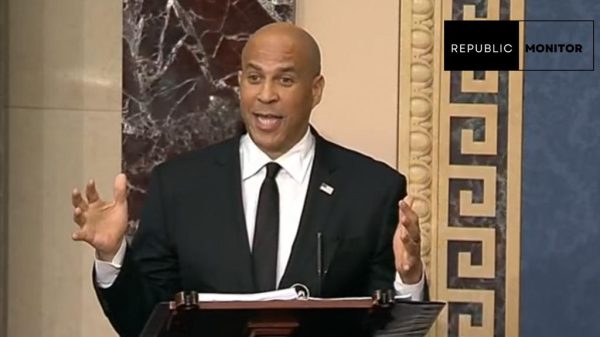In a bold move, the United States has revealed its intention to cut Russia’s oil and gas revenue by 50% by 2030 as a punitive measure for its invasion of Ukraine. Geoffrey Pyatt, the U.S. Assistant Secretary of State for Energy Resources, shared this information in an interview with the Financial Times, emphasizing the goal of using economic sanctions on energy resources to dissuade Russian President Vladimir Putin from engaging in future military aggression against other nations.

“U.S. Aims to Slash Russia’s Oil and Gas Revenue by 50%: Drastic Punishment for Ukraine Invasion”
The U.S. was part of a coalition of countries that imposed stringent economic sanctions on Russia following Putin’s invasion of Ukraine in February 2022. These sanctions included placing a price cap on Russian oil exports. While these measures initially strained Russia’s economy, the Kremlin claims to have mitigated the financial impact through deals with India and China, enabling the country to fund Putin’s military efforts.
Geoffrey Pyatt asserted that the United States plans to maintain economic pressure on Putin until Russia’s oil and gas revenue is effectively halved. The Assistant Secretary of State, who previously served as an ambassador to Greece and Ukraine, stated, “This is something that we’re going to have to stick to for years to come, as long as Putin persists in this war.”
Despite the economic sanctions in place, the Kremlin has managed to circumvent restrictions on its oil industry through the operation of a “shadow fleet” of vessels, allowing Russia to sell oil and gas at prices above the imposed cap. Pyatt acknowledged the U.S. is actively exploring ways to undermine the effectiveness of this “shadow fleet.”
The final approval hearing for the settlement, in which subscribers will be able to speak about the proposed settlement, has been scheduled by the court for Dec. 19.
Since the beginning of the conflict, Russia has earned an estimated $600 billion in fossil fuel exports, according to the Centre for Research on Energy and Clean Air, a Helsinki-based think tank. The Biden administration believes that existing sanctions have damaged Russia’s economy, and Pyatt indicated that the Treasury is actively considering additional measures to continue squeezing Putin’s financial resources.
Pyatt emphasized that restricting future revenue for Russia is crucial for Washington, not just to impact Putin’s current economy but also to influence Russia’s geopolitical behavior on the international stage. He highlighted the potential implications for the Kremlin’s ability to use energy as a strategic asset and engage in revanchism against its neighbors.
The International Energy Agency, according to Pyatt, anticipates a significant decline of at least 40 to 50 percent in Russia’s oil and gas exports by 2030 if Western sanctions persist. The U.S. is determined to contribute to making this projection a reality, signaling an ongoing commitment to leveraging economic measures in response to Russia’s actions in Ukraine.
















